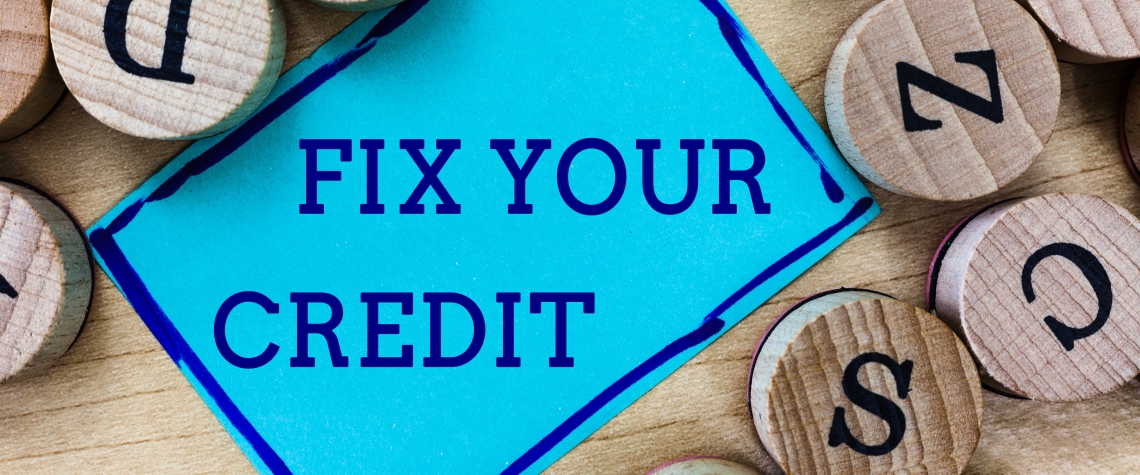
Shopping for a Home? Improve Your Credit Score First
Financial missteps of the past can rear their ugly heads at the worst possible times. As you navigate the mortgage process, expect a spotlight to shine on your credit score. This numerical representation of your credit history plays a significant role in loan approval. While the score needed to secure financing on your new home will largely depend on the loan type, e.g., Conventional, FHA, USDA, VA, etc., a record of late payments or high credit utilization can limit your financing options.
Poor credit health can also make homeownership unnecessarily expensive or put your dream home just out of financial reach. Low or poor credit scores often require a larger down payment and may be assigned a higher interest rate. Fortunately, you can take steps to improve your credit score and make it easier to qualify for a low-interest rate home loan.
Review Your Credit Report
Before you can improve your credit score, you first need to know what information is listed in your credit history reports. Request copies from each of the major credit reporting bureaus: Equifax, Experian, and TransUnion. Reports often contain different information since creditors do not have to report to each bureau. It’s also possible for incorrect information to appear on one report and not the others.
Mortgage lenders may pull your credit from different bureaus, so be sure that each report is error-free. Inaccurate information can hurt your score as much as accurate negative information. Request that errors be removed by following the bureau’s published dispute policy.
You can obtain free copies of your credit history reports when you request them at AnnualCreditReport.com.
Pay Your Bills on Time
While your credit score measures several credit behaviors, credit scoring agencies, e.g., FICO and VantageScore, look to payment history as the most reliable indicator of credit responsibility. Lenders are looking for assurance that you will make payments as agreed. If a potential borrower has a history of late payments, it will likely be reflected in a lower credit score.
If you have past due accounts, now is the time to bring them current and keep them that way. Avoid future late payments by setting up automatic payments via ENB’s Online Banking. A consistent record of on-time payments can help improve your credit score over time.
If at any point you are having difficulty paying your bills call your creditor prior to the accounts going into a past due status. Most companies will work with you to restructure your payments. Working with your creditors on payments will lessen any negative impact on your credit score.
Reduce Your Credit Usage
If your credit cards and loans are at or near their credit limit, your credit score is likely not as high as it could be. Lenders are hesitant to lend money to applicants in danger of being financially overextended. Lenders do take into account current financial environments and understand the necessity of using more credit during difficult times. Paying down your debt is one of the quicker ways to improve your credit profile.
While you might not be able to pay off your debt obligations in full before you buy your new home, reduce the amount owed to no more than 30% of the account limit. Credit utilization rates above 30% can negatively impact credit scores.
When you understand the factors affecting your credit score, you can take the needed steps to improve your score. Negative credit information won’t fall off your report immediately. It may take months before you see significant improvements, but the effort can be worth it. As you continue to pay bills on time and reduce your credit utilization rate, you should see your credit score improve.

